Search
Search Results
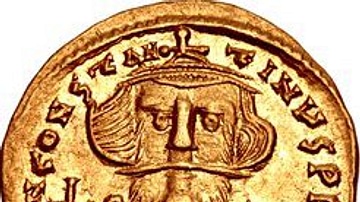
Definition
Constans II
Constans II (aka Konstans II) was emperor of the Byzantine Empire from 641 to 668 CE. Sometimes known as Constans Pogonatos (“the Bearded”), he came to the throne by a series of unlikely events and his empire was immediately challenged almost...
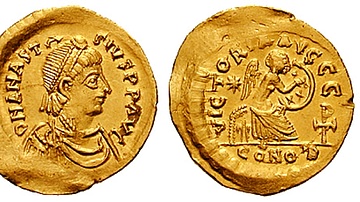
Definition
Anastasios I
Anastasios I ruled the Byzantine empire from 491 to 518 CE. Although his tax and monetary reforms were both popular and successful, the emperor could not repair the damaging split in the Christian Church created by his predecessors. He faced...
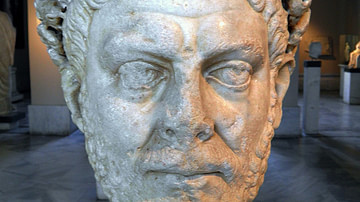
Definition
Diocletian
Diocletian was Roman emperor from 284 to 305 CE. After the defeat and death of the Roman emperor Philip the Arab in 249 CE, the empire endured over three decades of ineffective rulers. The glory days of Augustus, Vespasian, and Trajan were...

Definition
Michel de L'Hospital
Michel de L'Hospital (also known as L'Hôpital, c. 1505-1573) was a French statesman who served during the reigns of four kings – Francis I, Henry II, Francis II, and Charles IX – as Councillor of Parlement (1537), Chancellor of the Duchesse...

Definition
Medieval Hygiene
People in the Middle Ages have acquired something of a bad reputation when it comes to cleanliness, especially the peasantry. However, despite the general lack of running water and other modern amenities, there were common expectations of...
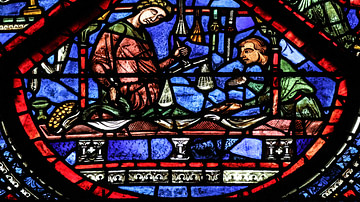
Definition
Medieval Guilds
Guilds of merchants and craft workers were formed in medieval Europe so that their members could benefit from mutual aid. Guilds ensured production standards were maintained and that competition was reduced. In addition, by members acting...

Image Gallery
A Gallery of 50 Renaissance Paintings
In this gallery, we present 50 of the most important Renaissance paintings created by the greatest artists from Jan van Eyck (c. 1390-1441) to Tintoretto (1518-1594). The paintings are presented in chronological order of artists and their...
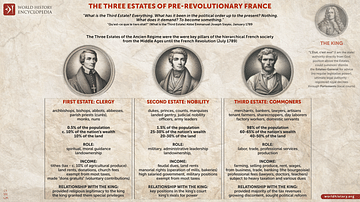
Article
The Three Estates of Pre-Revolutionary France
Society in the Kingdom of France in the period of the Ancien Regime was broken up into three separate estates, or social classes: the clergy, the nobility, and the commoners. These classes and their accompanying power dynamics, originating...

Article
The Separation of Christianity from Judaism
In the mid-2nd century CE, Christianity began a gradual process of identity-formation that would lead to the creation of a separate, independent religion from Judaism. Initially, Christians were one of many groups of Jews found throughout...
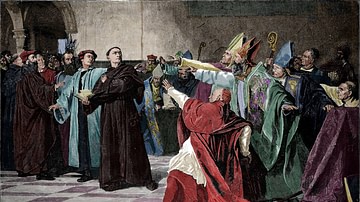
Article
Luther's Speech at the Diet of Worms
Martin Luther's speech at the Diet of Worms (also known as the Here I Stand Speech) is considered one of the greatest pieces of oratory in world history. It was given in response to the council's questions on whether Luther would stand by...